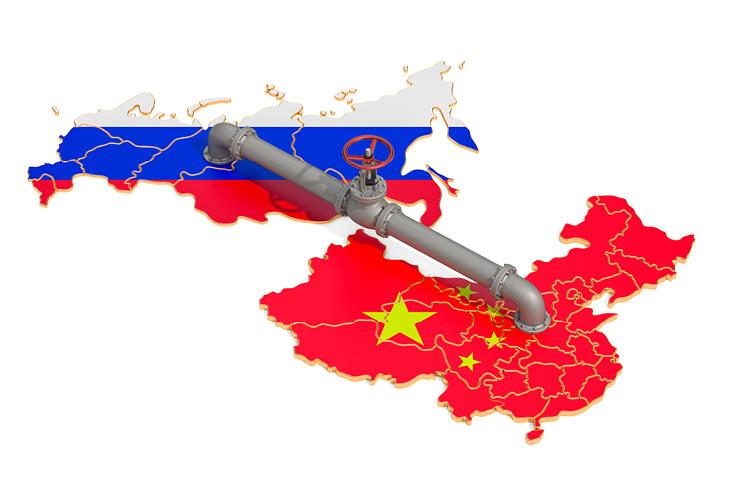Proposed Russian Pipeline to China Hits Roadblock as Mongolia Excludes it from National Plan

The proposed Russian gas pipeline to China faces new uncertainty after Mongolia excluded the proposed Power of Siberia-2 pipeline project from its national development plan through 2028.
A larger portion of the proposed Power of Siberia-2 pipeline, which was supposed to transport natural gas from Russia's gas fields in the Altai region to northeast China was to be constructed in Mongolia in cooperation with Russia and China.
The decision, which was made on Friday, August 16, marks a significant blow to Moscow's efforts to expand its energy market beyond Europe, particularly as Western sanctions over the war in Ukraine have curtailed its gas exports.
In an effort to mitigate losses by increasing its sales to China, these have not fully offset the losses incurred by Europe as a result of its invasion of Ukraine.
The Power of Siberia-2 project, which aimed to deliver 50 billion cubic meters of gas annually, has been under discussion for years. However, Mongolia's exclusion of the project from its national plan indicates a potential delay or even cancellation.
A former Mongolian government official suggested that the project may be stalled due to disagreements between Moscow and Beijing.
The official noted that Russia's state gas giant, Gazprom, sought to exert significant control over the portion of the pipeline that would pass through Mongolia, potentially undermining Beijing's influence in the region.
Russia’s economy heavily relies on the energy sector, which contributes approximately 30 percent of government revenues. However, the ongoing war in Ukraine has placed significant strain on the country's finances, making energy exports crucial for funding military operations.
Although Russia has seen an increase in gas exports to China through the Power of Siberia 1 pipeline, this has not been sufficient to compensate for the decline in European exports.
